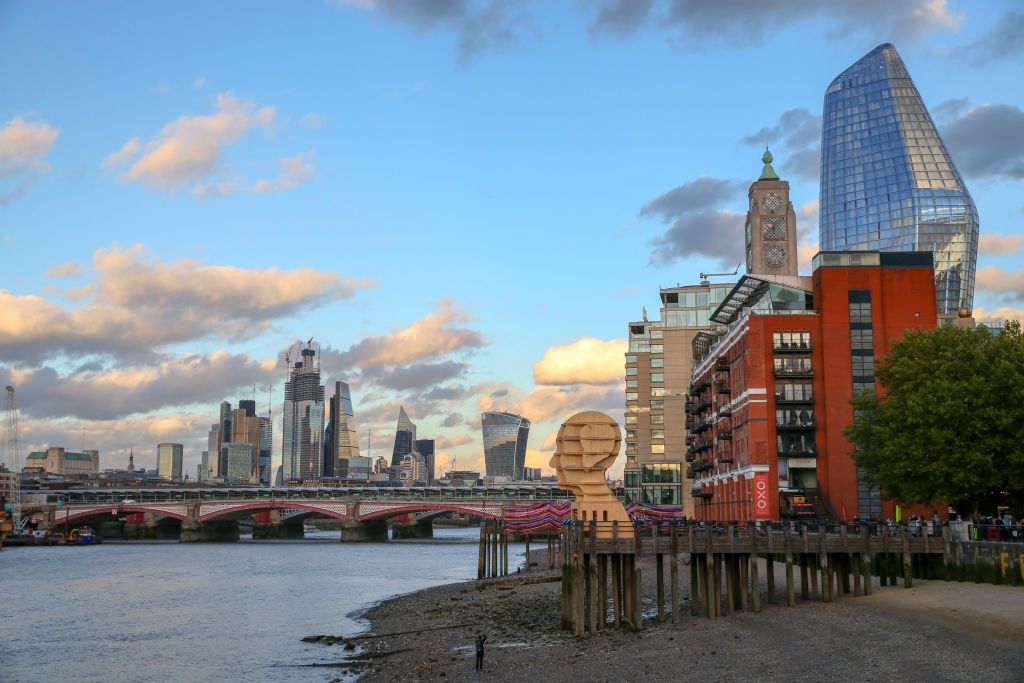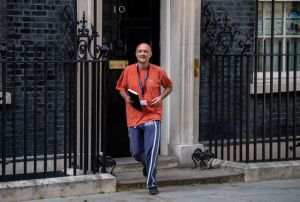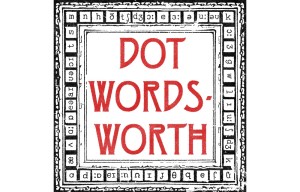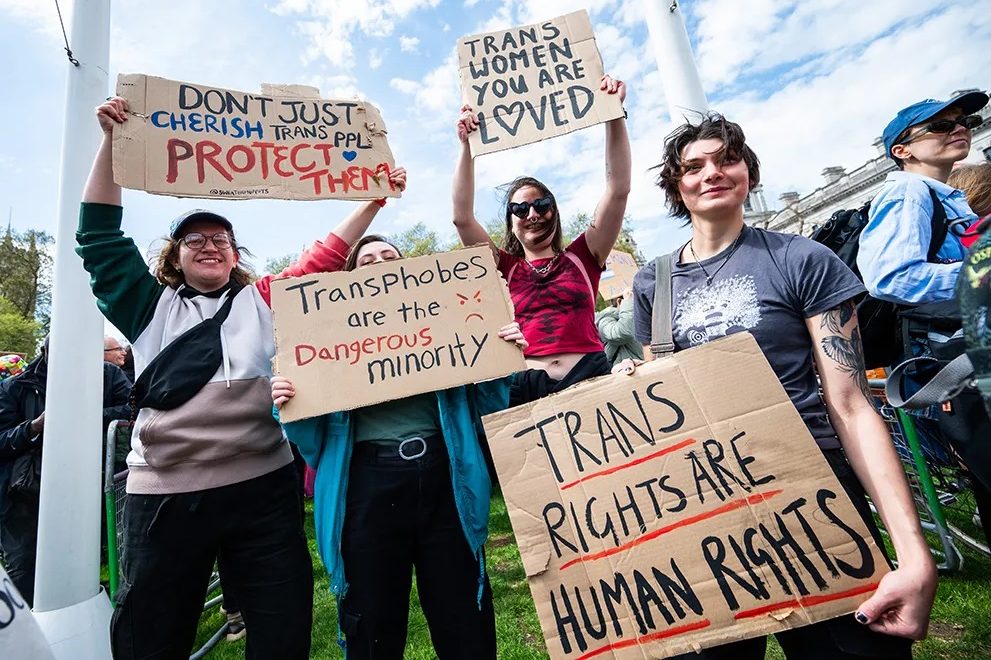I happen to be in the Old Country this week, and am glad to report that everything in England is just as I left it. It’s raining constantly, except when it isn’t. No one speaks English in London, except the American tourists. And everyone, regardless of whether they want Britain to stay in the European Union or leave that undemocratic shambles of a superstate, wants to get Brexit over and done with, so they can get back to traditional pursuits like soccer, gardening and smoking crack.
Imagine my surprise this morning as, scrolling through today’s New York Times as I mopped up the grease from my cooked breakfast, I saw the headline ‘British Hoarders Stock Up on Supplies, Preparing for Brexit’. At first, I wondered if the article’s author, noted fantasist Stephen Castle, had also been on the pipe. But no, this was only the latest in the parade of duplicitous and fantastical stories that the Times has run on Brexit.
Castle describes how ‘many people’, afraid that a ‘no-deal’ departure from the European Union in March 2019 would interrupt British imports of food and medicine from the European Union, are preparing for the end of the world by stocking up on baked beans and associated commodities like toilet paper. This was news to me. I don’t know any Brexit hoarders. So I asked around. The only things people seem to be hoarding in their cellars are wine, winter coats and broken rowing machines.
Castle’s only evidence for his claim is a Facebook group called Brexit Preppers. The group has ‘more than 1,200 members’ — in a country of 66.5 million people. So the ‘many people’ of the Brexit Preppers group constitute 0.000018 per cent of the British population. The Oxford Dictionary defines ‘many’ as ‘a great/good deal of, a lot of, a large/great number of… countless, innumerable… an army of, a horde of’. 0.000018 per cent of the population is not ‘many people’. It is a few deluded people whose fantasies of apocalypse the Times is manipulating for political reasons.
Nor is 1,200 people a ‘large’ or ‘great’ number. If this band of 1,200 bean-eating basement dwellers decided to dance away the end of the world in London’s largest nightclub, Studio 338, there would still be room for another 1,800 revelers on the dance floor was full. And there’s no reason to assume that all 1,200 of the Brexit Preppers’ group are actually prepping anything, rather than clicking on the idea of prepping, probably as they try to coax their friends and neighbours back to reality.
The truth is, no one knows what ‘no deal’ would look like. The chances are that the EU and Britain will agree to extend pre-March 2019 conditions into an agreed ‘transition period’, which runs until the end of 2020. Meanwhile, all sides are preparing contingency plans, to keep trade and transport moving; today Angela Merkel promised ‘suitable plans’ for ‘every scenario’.
Stephen Castle, however, knows exactly what will happen. Without a deal, Britain faces ‘gridlock at ports, trucks stuck on highways with their loads of food spoiling, empty grocery and pharmacy shelves, energy scarcity and factories shutting down’. So it’s no wonder that people are stocking up on essentials like baked beans.
Except, they’re not stocking up. And Castle knows it, too, because he quotes Ian Wright, the director general of the Food and Drink Federation, an industry group. There is, Wright says, ‘no sign so far of strains on supplies’.
The Times doesn’t like Brexit, because Brexit gives two fingers to the neoliberal narrative. Fair enough: 48 per cent of Britons voted against Brexit. But the job of the Times’ London reporter is to report the truth, not to invent fantasies that pander to his editors and readers.
The Times has consistently denigrated Brexit as Trumpism with bad dentistry, as racist and incipiently neofascist. But Brexit arose from a democratic vote to leave an undemocratic European Union. As usual, the Times is telling the plebs to vote again until they get it right, because acknowledging reality would be distasteful, and actually reporting on it would be embarrassing.
That’s why Castle completely misrepresents the political context. He tells his readers that ‘hard-line Brexit supporters’ among Conservative MPs are ‘threatening to wreck any agreement’ that Theresa May might make. The ‘hardline’ part here is that the elected representatives of the people fell themselves obliged to honour the democratic result of the 2016 referendum on leaving the European Union — to the point that they might feel compelled to ‘wreck’ an agreement that, like the one May has tried and failed to put over in London and Brussels, would amount keeping Britain in the European Union in all but name.
So there we have it: The elected representatives who respond to their constituents’ and honor a national referendum are ‘hard-line’ ideologues, determined to ‘wreck’ the country’s future. People who aren’t panic-buying baked beans are part of a human horde of Brexit Preppers which doesn’t exist and has made no impact on patterns of food purchase and supply And, yet again, the New York Times is making it up.
Dominic Green is Life & Arts Editor of Spectator USA.

























